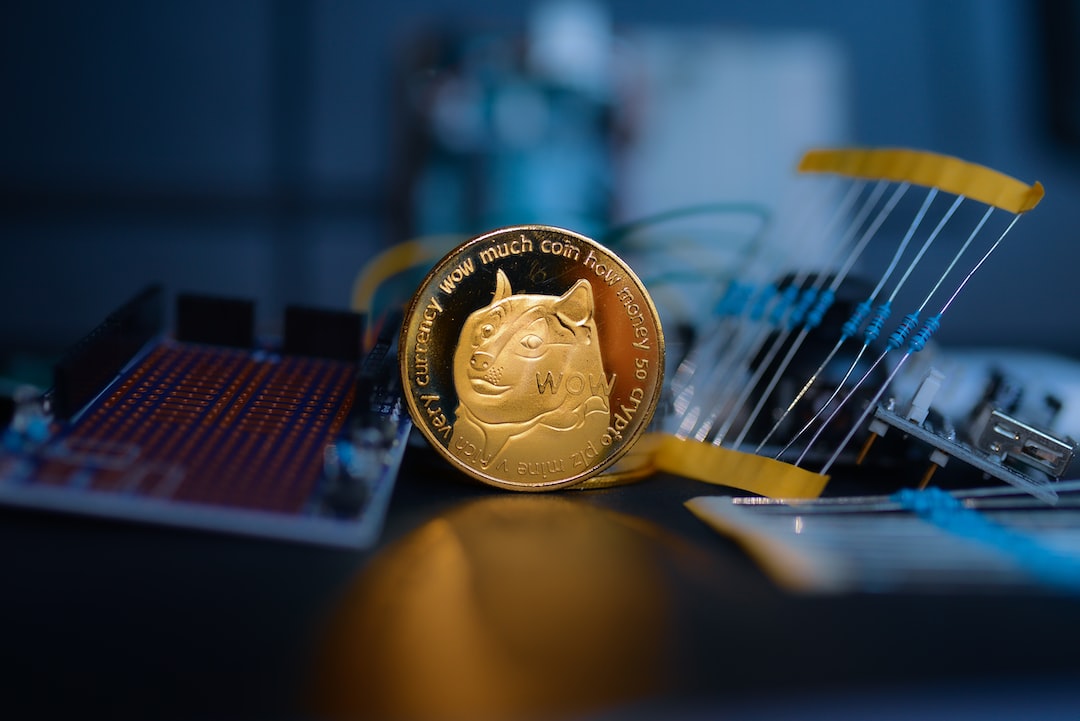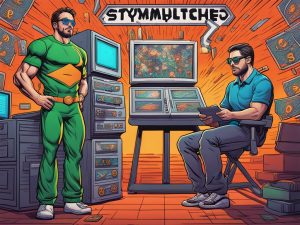OpenAI Initiating Negotiations with Publishers for Licensing Deals
OpenAI is currently in talks with multiple publishers to secure licensing deals for their content as part of their efforts to upgrade their artificial intelligence models. Tom Rubin, the Chief of Intellectual Property and Content at OpenAI, has confirmed that the discussions are progressing well and more deals can be expected in the future.
The Impact of The New York Times Lawsuit
The New York Times has filed a lawsuit against OpenAI and Microsoft Corp., alleging unauthorized use of its articles. This legal challenge poses a significant threat to OpenAI, potentially resulting in substantial damages and the need to destroy training data incorporating Times content. It also raises questions about the future of OpenAI’s content acquisition strategy amid ongoing negotiations with the media industry.
Rubin Defends OpenAI’s Approach
Despite the legal turbulence, Rubin defended OpenAI’s approach, stating that the organization uses content for training its models rather than reproducing or replacing it. However, The New York Times maintains its claim that OpenAI’s language model, ChatGPT, reproduces its journalists’ work without compensation. The Times argues for the legal requirement of obtaining permission for commercial use of its content.
Hot Take: Future Challenges and Opportunities for OpenAI
The ongoing negotiations with publishers and the legal battle with The New York Times present both challenges and opportunities for OpenAI. While securing licensing deals would enhance its AI models, the lawsuit highlights potential risks and complexities. OpenAI will need to navigate these obstacles carefully while continuing to innovate in the field of artificial intelligence.





 By
By
 By
By
 By
By

 By
By